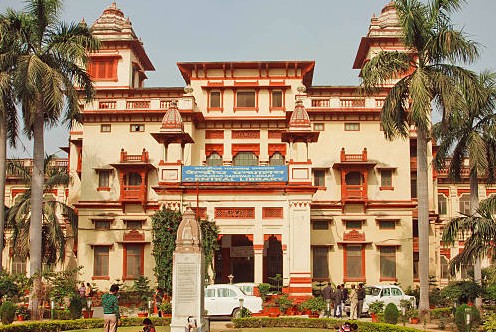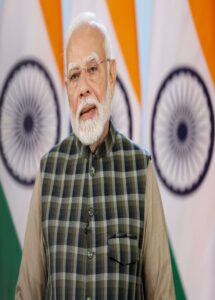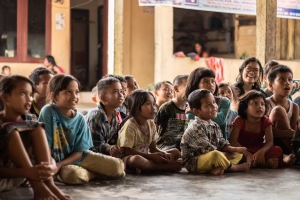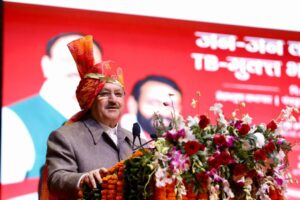BHU Hosts INBIX-ADNAT 2024: Global Conference Highlights Innovations in DNA Science and Public Health

Varanasi (Uttar Pradesh), December 1, 2024: The Banaras Hindu University (BHU) recently hosted the INBIX-ADNAT 2024 Conference, a prestigious global event focusing on advanced research in DNA science, bioinformatics, and public health innovations. Held from November 28 to 30, the conference brought together experts from various disciplines, including archaeogenetics, forensics, linguistics, and genomics, to discuss groundbreaking developments in human health and related fields.
Professor Gyaneshwer Chaubey from BHU’s Department of Zoology traced the origins of the Association of DNA Fingerprinting and Associated Technologies (ADNAT), founded 25 years ago by the late Dr. Lalji Singh, renowned as the “Father of DNA and Fingerprinting.” Highlighting the scope of the event, Prof. Chaubey noted, “This year’s conference has expanded its focus to integrate bioinformatics with genomics, addressing contemporary challenges in gene analysis. Today, gene analysis without bioinformatics is impossible.”
One of the standout themes of the conference was venomics, the study of snake venom. Prof. Chaubey stressed the urgency of developing a universal anti-venom, given the alarming rate of snakebite deaths—one every six minutes—particularly in rural areas.
The event also spotlighted international research contributions. Scientists from the United States demonstrated innovative methods to extract DNA from soil to study human relationships and diversity. Australian researchers shared insights into Denisovans, an extinct human species with potential genetic links to the Yeti, offering a deeper understanding of ancient populations.
Linguists contributed significantly by mapping the origins and spread of Southeast Asian languages, providing new perspectives on human culture and migration.
A key address by Professor Bruce Whitelaw, Director of the Roslin Institute in the UK—known for creating the first cloned sheep, Dolly—focused on the revolutionary CRISPR genome-editing technology. Prof. Whitelaw highlighted the technology’s potential to address genetic disorders in India, where several diseases lack effective cures. “CRISPR technology allows us to make corrections by cutting the genome. Over time, it will become an effective tool for combating genetic disorders in India,” he remarked.
The conference also aimed to inspire and empower young scientists, offering them a glimpse into the future of research. “Our goal is to expose young researchers to cutting-edge science, giving them a strategic advantage for their careers,” Prof. Chaubey added.
With over 600 global members, ADNAT continues to promote DNA technologies in healthcare, agriculture, forensics, and social welfare while addressing their ethical and legal implications.
This landmark event at BHU underscored the transformative potential of interdisciplinary collaboration in addressing modern scientific and societal challenges.








